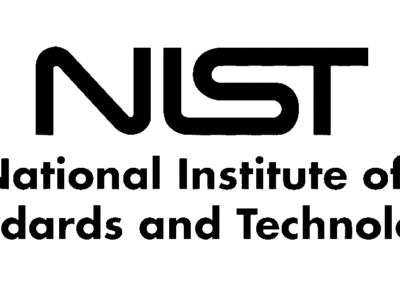GOVERNMENT AND MILITARY CONTRACTORS
Zero Trust Windows Productivity That Aids Government Compliance
To better defend the vast attack surfaces of their supply chains, the Federal Government and Department of Defense have written recommended security requirements for the protection of confidential information (Controlled Unclassified Information or CUI) located and transmitted by their contractors and other non-federal organizations. From within Windows, the enhanced security and zero trust architecture of FileFlex Enterprise bring plug-and-play compliance to their requirements for access to CUI, without change in workflow to users

Aids Compliance with CMMC
The Cybersecurity Maturity Model Certification (CMMC) is the Department of Defense’s (DoD’s) response to compromises to defense information held or processed by their contractors. It is a unified standard to better defend the vast attack surface of their supply chain, implement cybersecurity and better secure sensitive information located with their contractors. FileFlex Enterprise supports the published best “Access Control” practices for data access outlined in the Department of Defense’s Cybersecurity Maturity Model Certification (CMMC).

Aids Compliance with GDPR
The European General Data Protection Regulation (GDPR) requires organizations to comply with an increased focus on the protection of Personally Identifiable Information (PII) of EU citizens and residents. FileFlex Enterprise supports and augments an organization’s GDPR compliance endeavors by utilizing an organization’s existing investment in technology, a rapid deployment capability, and the ability to support enforcement of compliance and the auditability controls required by GDPR, achieved within Windows while supporting deduplication of data.

Aids Compliance with NIST and FedRAMP
The National Institute of Standards and Technology (NIST) has put together a unified standard (NIST SP 800-171) to better defend the vast attack surface of the federal government supply chain. FileFlex Enterprise supports the published best “Access Control” practices for data access outlined in NIST SP-800-171v2.

Protect Your Government or DoD Client from Data Breaches
The supply chain provides cybercriminals a potential weak-link entry point to sensitive government and/or DoD information. FileFlex Enterprise can help you avoid a data breach catastrophic to both you and your client with enhanced security features and a zero trust architecture. The ability to export the activity log to your SIEM software can alert and help you thwart ransomware attacks in process that you would be otherwise unaware of.

Windows Zero Trust Data Access and Sharing of CUI
The Zero Trust architecture and security controls of FileFlex Enterprise allow access and sharing of confidential Controlled Unclassified Information (CUI) from within Windows over the network or standard Internet connection. Integration into Windows means that remote storage locations look and act like a local drive federated under a single-pane-of-glass with easy access and no change in workflow.

IT Control Over CUI
FileFlex Enterprise provides organizations with a management toolkit to control access to CUI and confidential information without it being copied to the servers of third parties. It allows them to control data access, set policies, and assign access on a user-by-user or group-by-group basis with storage location, folder, or even file-level granularity. Additionally, the activity log provides visibility over all access, sharing or modification of CUI for forensic investigations. And alerts and the ability to auto-export to SIEM software can flag suspicious activity.










